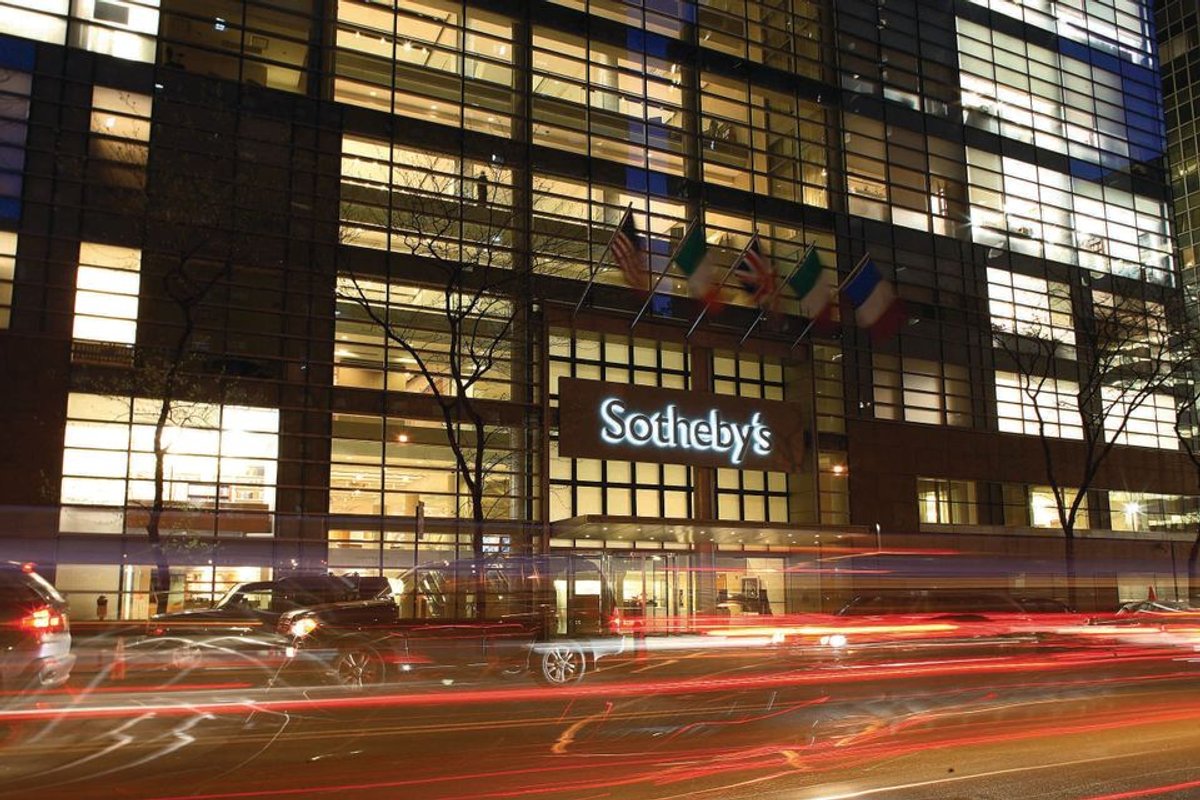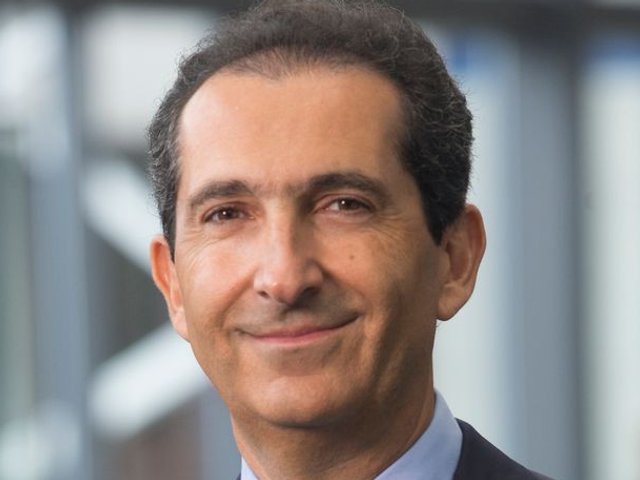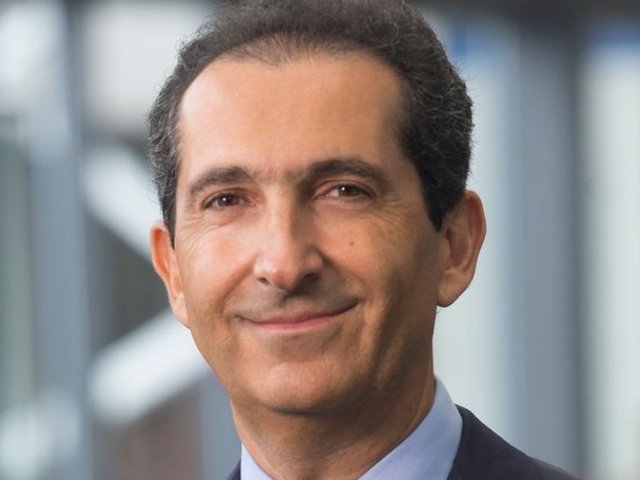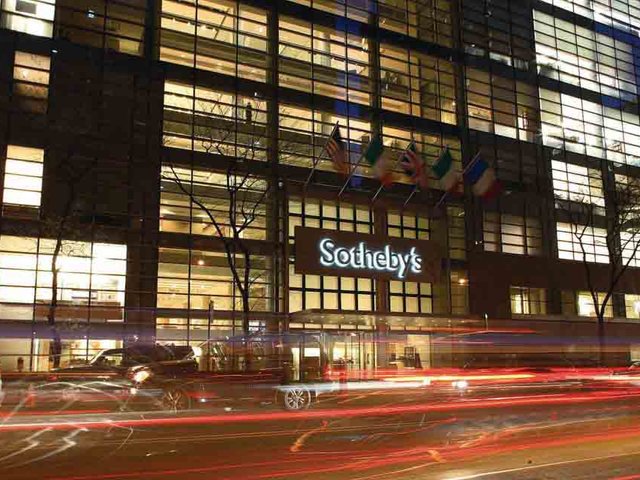Sotheby’s announced today that its shareholders approved the proposed acquisition of the firm by BidFair USA, a company wholly owned by the French-Israeli media and telecom entrepreneur and art collector Patrick Drahi.
In a special meeting held this morning, 91% of the shares were for the merger. The 275-year-old auction house filed a preliminary proxy statement to start the shareholder voting process in July, which required more than 50% to approve the sale. The deal, valued at $3.7bn, allows shareholders—including employee shareholders—to receive $57.00 in cash per share of Sotheby’s common stock.
“The board of directors would like to thank Sotheby’s shareholders for their vote of confidence in the merger,” Domenico De Sole, the chairman of Sotheby’s board of directors, says in a statement released by the auction house. “Mr. Drahi’s offer delivers a significant premium to market for our shareholders, including our employee shareholders, and positions Sotheby’s well for the future.”
After the auction house abruptly announced the deal in June—which would take the firm private after 31 years of trading publicly on the New York Stock Exchange—several shareholders filed lawsuits in New York to block the sale, at least until further disclosures were made to allow for an informed decision on the transaction. Shareholders Phillip Stevens, Michael Kent, Eli Goffman and Shiva Stein all claimed the information Sotheby’s filed to the Securities and Exchange Commission about its projected cash flow and other aspects of its finances was inadequate.
In its second quarter financial report, released in late July, Sotheby’s described the lawsuits brought by its shareholders as “routine” in the US. Both parties had the right to terminate the agreement if it was not completed before 13 December, subject to hundreds of millions of dollars in fees.
Drahi was among nine parties interested in a potential merger with Sotheby’s, with major collectors like Ken Griffin, Steve Cohen and Henry Kravis and hedge-fund manager Alexander Klabin suspected as other possible bidders. Known for his highly leveraged deals and unpopular cost-cutting at the communications giant SFR, Drahi harbours a $7.7bn fortune, according to Forbes. He has secured financing from Next Alt, one of his personal holding companies, and BNP Paribas to purchase Sotheby’s.
The finalised sale means that the world’s two leading auction houses now belong to French billionaires, with François Pinault heading up rival Christies. It is not the first time Sotheby’s has been privatised: shopping mall magnate Alfred Taubman bought the then-floundering auction house in 1983 before it was taken public again in 1988. As Georgina Adam points out, its publicly quoted status has of late put Sotheby’s “constantly at a disadvantage” compared to Christie’s because of the necessity of reporting its financial results every quarter. Yet many have lamented the further loss of transparency in the already opaque art market the privatisation signals.
“This is an historic moment”, says the auction house’s chief executive Tad Smith, adding that Sotheby’s remains “on track for another strong season” with auctions to be held in protest-ridden Hong Kong and Brexit-beleaguered London next month. The closing of the merger remains subject to customary conditions and is expected to close in the fourth quarter of 2019.





